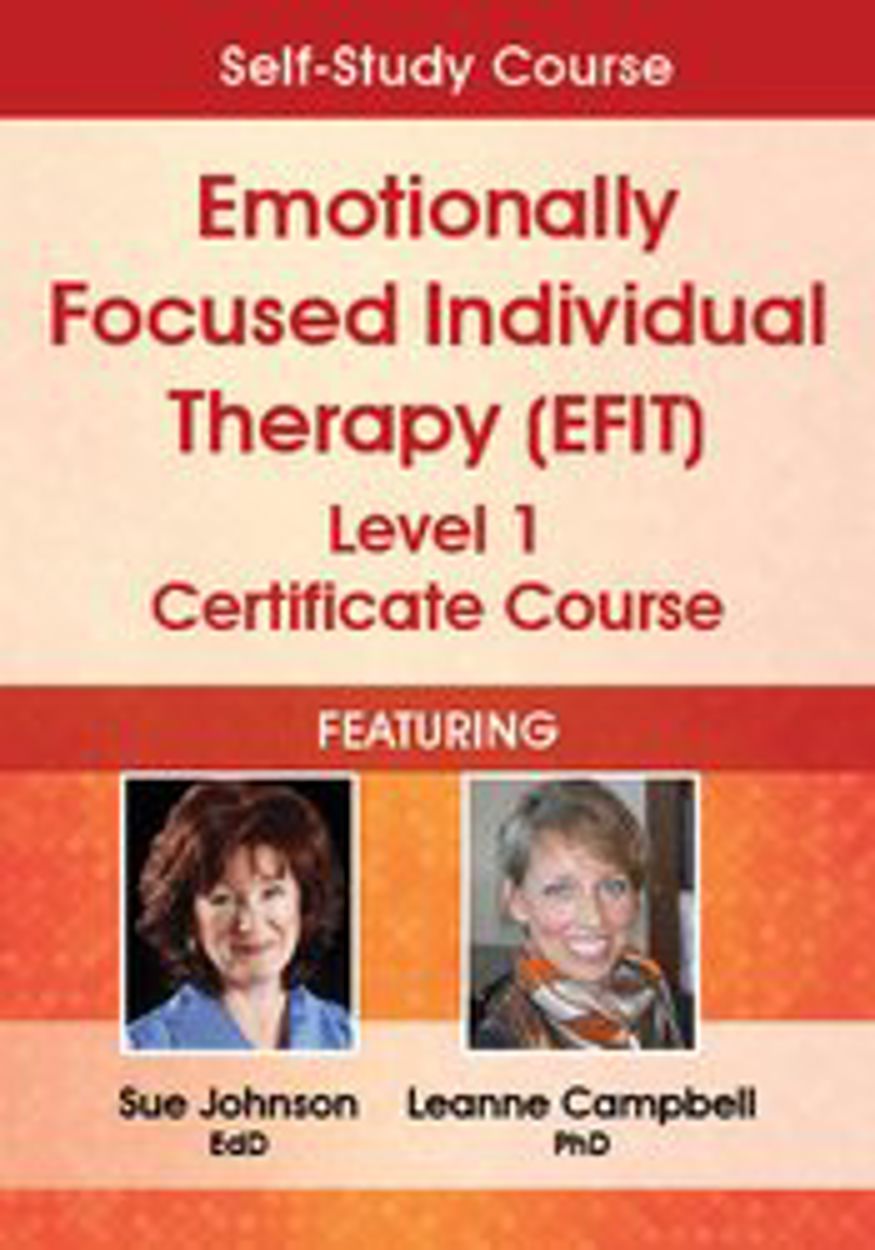The 10 Core Tenets of Attachment Theory

Attachment theory is a psychological framework that focuses on understanding the impact of early attachment relationships on an individual's emotional and psychological development, as well as their adult relationships and mental well-being. This theory was initially developed by British psychologist John Bowlby in the mid-20th century and later expanded upon by Mary Ainsworth and others.
Attachment theory posits that humans have an innate need to form strong emotional bonds with caregivers, typically with their parents or primary caregivers, and that the quality of these early attachments can have a profound and lasting influence on an individual's personality, behavior, and interpersonal relationships. It suggests that the way caregivers respond to a child's emotional and physical needs during infancy and early childhood can shape the child's internal working model of relationships, which, in turn, affects their attachment style.
Below, EFIT & EFT Developer, Sue Johnson, EdD, explains the 10 core tenets of Attachment Theory and how they are crucial to understanding Emotionally Focused Individual Therapy (EFIT):
And if you're ready to learn more, Dr. Sue Johnson shares how Attachment Theory shows up in session and explains how crucial they are to understanding Emotionally Focused Individual Therapy (EFIT). READ MORE >
Attachment theory posits that humans have an innate need to form strong emotional bonds with caregivers, typically with their parents or primary caregivers, and that the quality of these early attachments can have a profound and lasting influence on an individual's personality, behavior, and interpersonal relationships. It suggests that the way caregivers respond to a child's emotional and physical needs during infancy and early childhood can shape the child's internal working model of relationships, which, in turn, affects their attachment style.
Below, EFIT & EFT Developer, Sue Johnson, EdD, explains the 10 core tenets of Attachment Theory and how they are crucial to understanding Emotionally Focused Individual Therapy (EFIT):
And if you're ready to learn more, Dr. Sue Johnson shares how Attachment Theory shows up in session and explains how crucial they are to understanding Emotionally Focused Individual Therapy (EFIT). READ MORE >
Get to the heart of the matter with attachment-based assessment

In this intensive certificate training program, you'll learn exactly how to help clients process their strong emotions as you train directly with Dr. Sue Johnson, the developer of Emotionally Focused Individual Therapy (EFIT), along with senior trainer Dr. Leanne Campbell.
PLUS, once you complete this training, you'll receive your Level 1 Certificate in EFIT from the prestigious International Centre for Excellence in Emotionally Focused Therapy (ICEEFT) — demonstrating your commitment to helping clients gain life-changing access to skills for transforming painful emotions on their journey toward wholeness.
PLUS, once you complete this training, you'll receive your Level 1 Certificate in EFIT from the prestigious International Centre for Excellence in Emotionally Focused Therapy (ICEEFT) — demonstrating your commitment to helping clients gain life-changing access to skills for transforming painful emotions on their journey toward wholeness.







